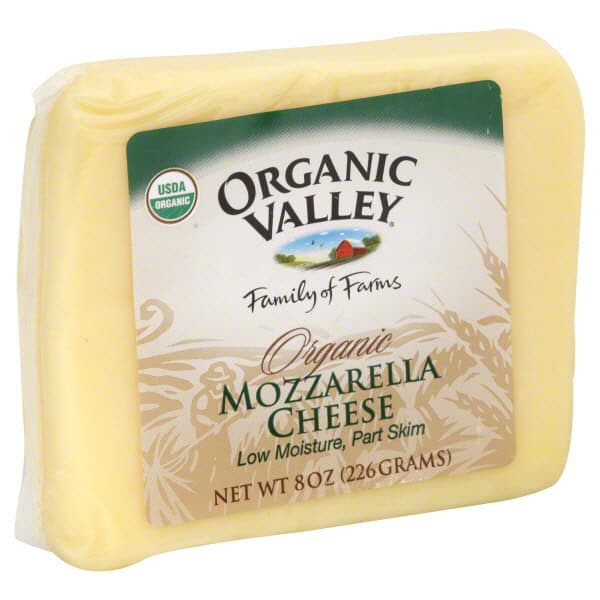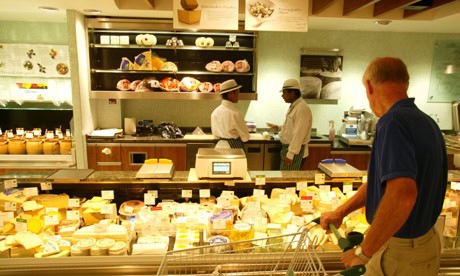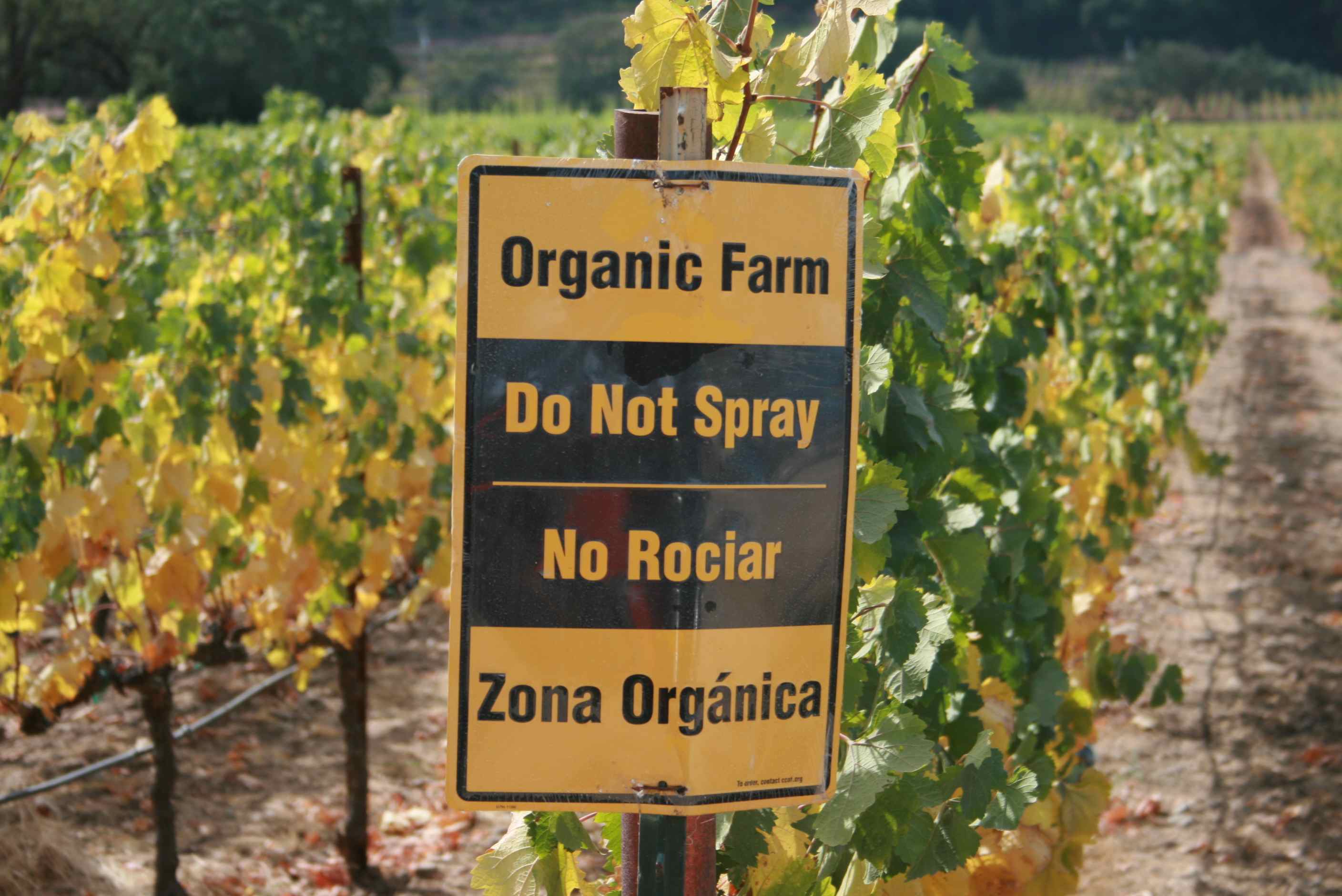Tag: Cows
All About Organic Cheeses- Are They Better For You?
If you are a cheese lover, it is already hard enough to choose between your favorite Mozzarella, Stilton or Cheddar. Not only that but in recent years, creameries have created another delicious choice for us: Organic.

Image Source: gianteagle.com/93966253702.aspx
Organic cheese is very much like many other organic agricultural products on the market, organic cheese is produced without the use of antibiotics, growth hormones, or dangerous pesticides. The milk used to produce the organic cheese comes from all organic farms where cows only eat organically grown grasses. The cheese is also free from artificial coloring or flavorings, and a lot of the time, enzyme rennet, which is used to curdle the milk, is not made from animals or genetically engineered. In place of them are naturally occurring enzymes, making organic cheese not only delicious but safe for vegetarians too.
Why You Should Buy Organic

Image Source: pinterest.com/pin/548946642051275268/
It is always the case that when you buy food, it is important to find something that tastes good, and is generally good for you. The good thing about organic cheese is that they are often superior in taste and quality and have received many rewards from cheese connoisseurs and professional critics.
While organic cheese is great for your taste buds, the benefits of buying it stretch farther than just your body. Buying it positively affects everything from your personal health to farm animal welfare, to even the earth’s endangered environment. To put it all into perspective:
Organic Cheese Affects On Your Health

Organic cheese contains all the goodness from regular cheese, including the high levels of protein and calcium. However, research has proven that due to cows having a natural pasture-fed diet, cheese made from organic milk is much higher in nutritional value.
– Research has shown that there are more Antioxidants in organic cheese, with it being 2-3 times higher in antioxidants such as lutein. It is also proven that organic milk is up to 50% higher in vitamin E and 75% higher in beta-carotene. They all fight damaging free radicals and can perhaps aid the prevention of cancer and heart disease.
– Studies have shown that there are more Omega-3s, containing up to 71% more than non-organic milk. Omega-3s are vital for maintaining a healthy heart, strong bones and teeth and flexible joints.
– Organic cheeses also lower the exposure to the toxins and pesticides that often come from factory farming practices. This is very important for children in particular because their rapidly growing nervous systems are more sensitive to the effects of these harmful compounds.
The Welfare Of Animals

Image Source: renewingallthings.com
Another great thing about organic farming is that organic dairy farmers are also committed to the humane treatment of farm animals. Cows are not pumped with protein or antibiotics to force them into producing more than their natural capacities. They are kept in good health, fed an organic diet and have access to fresh air, natural light, and open pasture as much as possible.
Also, another important part of organic farming is that if the cows become sick, they are treated holistically with homeopathic medicines whereas, at non-organic farms, cows are routinely given antibiotics to prevent infection, even when they are healthy. While antibiotics are useful for fighting disease, they become less effective when used excessively. This has an onset effect for humans as we are being exposed to the antibiotics and they may lose effectiveness in treating humans too.
The Effects On The Environment

Image Source: therealwinerepublic.com/
You wouldn’t think that organic farming would have an effect on the environment, but it actually does. Organic farmers are not permitted to use chemicals that pollute the air, water or food. Instead, organic farmers use non-toxic pest control methods and sustainable farming techniques like crop rotation and composting. These methods ensure rich, healthy soils while conserving water and fossil fuels. They also are encouraging to wildlife, which has drastically declined over the last 50 years.
How To Know If It’s Organic

Image Source: ota.com/organic-101/organic-standards
Labeling is definitely important when cheese buyers are seeking higher nutritional value, toxin free and humane farming practices. In the U.S. it is the law to have certified organic labeling. There are numerous standards which are enforced by organic certification authorities. If you are in doubt, it is best to check your cheese packaging for organic accreditation. When cheese is labeled organic, it must contain at least 95% organically produced raw or processed agricultural products. Labels will usually contain the standard USDA certification.
Best Cheeses To Eat As The Weather Turns Colder
 Source: http://www.dairyinstitute.org/wp-content/uploads/2015/02/cheese2.jpg
Source: http://www.dairyinstitute.org/wp-content/uploads/2015/02/cheese2.jpg
Cheese is great anytime of the year, but as with many foods out there, cheeses can be different in taste, texture, and quality with the changing of the seasons. For example, a number of cheeses will exhibit their peak flavor and texture during the cooler/colder months of the year. These types of cheese are classified into two groups, that is (1) cheeses made from the milk of animals that is produced during peak spring and summer months, usually falling between May and October and (2) cheeses made from the milk of animals produced during peak fall and winter months, usually falling between November and March).
Not only do cheeses themselves vary fundamentally from season to season, but they can also exhibit distinct seasonal variability from region to region. This revolves around when the temperatures turn too cold for animals to remain outside. During peak spring and summer months, animals producing dairy products consume fresh grass, wild flowers, herbs and any other plants, shrubs or grasses that nature may sprout up. On the contrary, as the weather turns colder, these animals remain in sheltered environments and their diets consist mainly of dried hay or silage (grasses which are harvested and gathered at their peak state and preserved for the winter by fermentation processes). With this change in seasonal diets, particularly during the winter months, the animal still produces milk, albeit, the volume and flavors are not at their peak as they would be in spring and summer dairy production; during the spring and summer months, the milk has a distinct sweet, herbal flavor from the grasses and wild flowers the animals consume from the mountain side.
While a number of cheeses are best when aged, this is not the case for all cheeses. Non-aged cheeses are at their peak during the spring and summer months. This would include cheeses such as mozzarella, feta and chevre. Cheeses which are aged, however, can take a longer time to reach their peak flavor and texture. This means that cheeses made from animals’ milk during the spring and summer months may have to wait until the following year to be able to enjoy the full value of the cheese.
Cheeses made from animals’ milk in the spring and summer months which are at their peak flavor and texture by the following winter are:
- Appenzeller
- Comte
- Gruyere
- Colston Basset Stilton
- Cabrales
- Morbier
- Raclette
- Rogue River Blue
- Uplands Cheese Pleasant Ridge Reserve
With the colder months of winter, come cheeses that are produced from the milk of animals whose diet consists mainly of dried hay. These cheeses will be void of many of the distinct, vibrant flavors of cheeses produced from milk produced in spring and summer. However, cheese produced from milk during winter months have a higher fat content which yields very rich cheeses. One of the most highly touted cheeses on the planet comes from winter milk from the same breed of cows that produce summer milk that makes Gruyere called, Vacherin Mont d’Or.
Because of the overall decrease in the overall production of milk during the winter months, winter milk cheeses are generally on the smaller end of the size spectrum while the aging process is over a much shorter time period.


